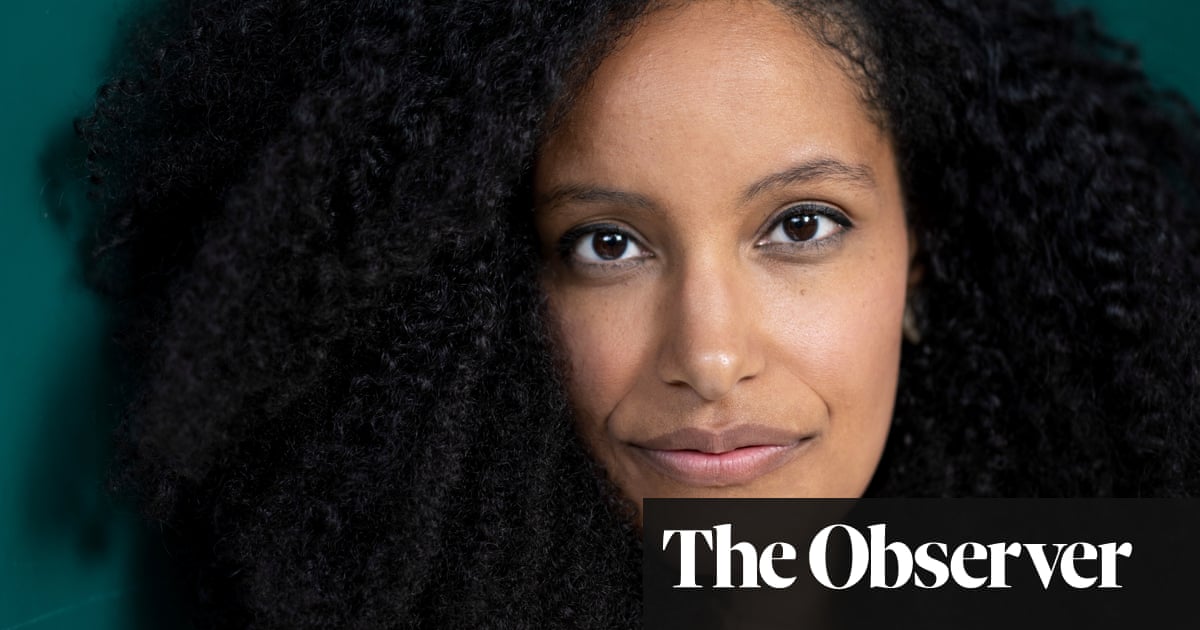When Konrad Adenauer and Charles de Gaulle signed the 1963 Elysée treaty of friendship between France and Germany, it was a moving milestone on the road to postwar European integration. But Emmanuel Macron tends to avoid sentimental references to the Franco-German “couple” that made the modern EU possible. Ahead of 60th anniversary celebrations of the treaty last year, Mr Macron’s aides observed that, for the French president, “joint European action is a geopolitical necessity, not a romantic matter”.
A touch dry and uninspirational perhaps. But a more coldly analytical approach suits the times. The Franco-German alliance was the indispensable force behind the creation of both the EU’s single market and the euro. But as Europe struggles to define its place in a multipolar and more threatening world, the bedrock partnership at its core is not what it was.
Since Russia’s invasion of Ukraine almost three years ago, disagreement over the appropriate extent and timing of military support for Kyiv has cooled relations between Paris and Berlin. The global retreat from free-trade orthodoxies, amid Chinese economic expansion and the threat of Trumpian tariffs, has also prompted a divided response. Mr Macron and the German chancellor, Olaf Scholz, have failed to strike any kind of rapport. And going into 2025, both France and Germany find themselves beset by political instability and uncertainty.
In Berlin, a February snap election represents a last throw of the dice for Mr Scholz, whose SPD-led coalition has been derailed by crises that have undermined Germany’s export-led economic model. Mr Scholz’s decision to trigger an early poll has been all about money, or more specifically, borrowing it. The legacy of Covid, subsidising the green transition and the economic and security consequences of Russia’s war to the east mean that Germany’s historic aversion to debt has become a self-harming liability.
Crises on the home front
The refusal of Mr Scholz’s fiscally hawkish former finance minister, Christian Lindner, to loosen strict spending limits placed his government in a financial straitjacket. Economic stagnation has fuelled the politics of resentment and facilitated the rise of the far‑right Alternative für Deutschland party – now running second in the polls. If Mr Scholz has his way, the coming election will be dominated by discussions over how to unlock greater investment in a floundering economy. However, the shocking terror attack on a Christmas market in Magdeburg, swiftly seized upon by the AfD leader, Alice Weidel, makes that unlikely.
In France too, the state of government finances has been a catalyst for crisis. Michel Barnier became the shortest-serving prime minister in Fifth Republic history after parliament refused to endorse his austerity budget. The chaos stems from Mr Macron’s unforced error in calling – and losing – a snap parliamentary election last summer, leaving the Assemblée divided and his minority government adrift. Now on his fourth prime minister in under a year, Mr Macron limps toward 2025. If François Bayrou, Mr Macron’s latest appointment as PM, cannot succeed where Mr Barnier failed, yet another parliamentary election looms. Meanwhile, the odds of a far-right victory in the 2027 presidential race – or sooner if Mr Macron resigns – are rising.
The timing of this political unravelling is, to put it mildly, unfortunate. As dysfunction reigns on either side of the Rhine, the imminent resumption of an America First presidency is likely to disrupt life further for European businesses and weaken the transatlantic security alliance. There is, though, the brighter possibility that the return of Donald Trump to the White House will be the shock to the system that a troubled continent – and its stalling Franco-German engine – needs. Given the grievous second-term errors that Mr Macron has made, not least in shunning the French left while making concessions to Marine Le Pen’s xenophobic agenda, his domestic lame-duck status is well deserved. But the eclipse of his influence on the continental stage would be Europe’s loss.
As Germany dedicated its postwar energies to becoming an economic powerhouse, it fell to France to advocate for a vision of European unity that went beyond free trade and commerce. Mr Macron sits squarely in that tradition. With the EU’s nationalist far right on the rise, its economies in the doldrums and security a new priority, his persistent calls for more rather than less Europe should be heeded.
Towards European autonomy
In May this year, Mr Macron made the first state visit by a French president to Germany for a quarter of a century. Speaking in Dresden, he called for a “massive investment shock” and a doubling of EU expenditure on challenges such as defence and the green transition. This could be financed, he suggested, by common borrowing mechanisms of the kind used to fund recovery programmes after Covid.
More recently, Mario Draghi, the former president of the European Central Bank and an ally of Mr Macron, produced a 400-page report that made much the same case. The geopolitical and economic challenges faced by Europe were of such magnitude, Mr Draghi argued, that investment three times greater than that delivered by the postwar Marshall plan was required on an annual basis.
Both are right. As the global economy reorganises itself along the contours of the geopolitical rivalry between America and China, strategic autonomy in areas such as defence and green energy are key to the EU’s future growth and security. This will not be achieved without a level of fiscal ambition hitherto unseen. The key question is whether Germany will countenance the crossing of its historic red lines on debt. The most likely winner of February’s German election, the leader of the centre-right Christian Democratic Union, Friedrich Merz, has rejected the idea of joint EU borrowing outright. Whether Mr Macron has sufficient political capital left to influence the debate is moot.
In 1950, the then French foreign minister, Robert Schuman, proposed the European Coal and Steel Community as a means of binding French and German material interests together so that war between the two nations became inconceivable. As a new, challenging era takes shape in which old orthodoxies no longer hold, Europe again stands at a crossroads. The route it takes will travel through Paris and Berlin. The destination, with the far right on the march, is alarmingly uncertain.

.png) 3 months ago
34
3 months ago
34













































